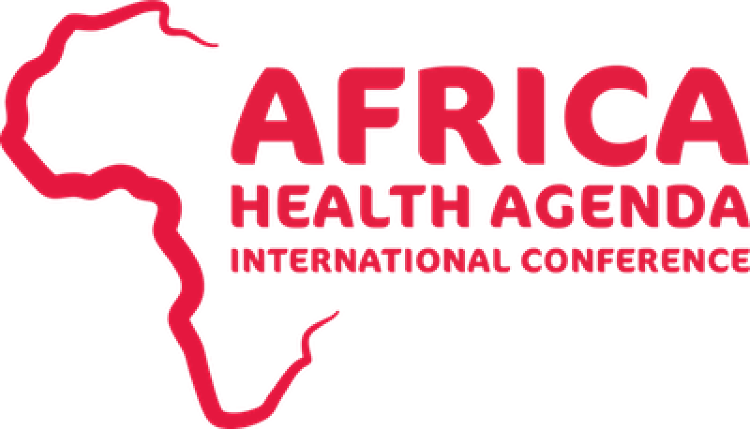Conference drives a united African health agenda

Stakeholders in health, development and climate are convening in Kigali, Rwanda, for the fifth edition of The Africa Health Agenda International Conference (AHAIC) 2023, where the urgent need for African countries to unite in their efforts to strengthen health systems and address climate-related health challenges are top on the agenda.
The biennial conference, which is taking place this week (5th – 8th March) under the theme “Resilient Health Systems for Africa: Re-envisioning the Future Now”, has brought together representatives from African States to advocate for a unified continental voice ahead of their participation at the 78th session of the United Nations General Assembly (UNGA 78) and the 28th session of the Conference of the Parties (COP 28) later this year.
Dr Sabin Nsanzimana, Minister of Health, Rwanda says “If we are to address the emerging threats at the intersection of health and climate change, African countries must present a united front at global health and climate forums.
“We need to have one message for one Africa when we present our asks and demands at UNGA 78 and COP 28 because it is only then that we can influence the global policy changes required to meet the needs of the African people.”
AHAIC will provide a platform to deepen African unity at a time when the ripple effects of the three-year COVID-19 pandemic and a global recession have caused an increase in nationalism in the global north, denying Africa much-needed access to funding for health and climate adaptation and mitigation.
The event will also address the fragmented efforts that have long stood in the way of holistic progress on the continent.
Dr Ahmed Ogwell Ouma, Acting Director, Africa Centres for Disease Control and Prevention (Africa CDC): “We know that multilateral systems have not always delivered equitably for us, and the COVID-19 pandemic served as a poignant reminder of Africa’s ranking within the hierarchy of global health.
“While we acknowledge that African countries must also take responsibility for their role in underinvesting in their health systems, we must also recognise that African-led solutions to African challenges still require some level of global support because there can be no global health security if Africa continues to be left out.”
Over the next three days, policymakers, technocrats, thought leaders, innovators, researchers, and civil society will explore how African countries can foster regional cooperation by creating common guidelines, governance structures and regulatory procedures to harmonise health systems and climate adaptation and mitigation measures across the continent.
“For us to create lasting health change in Africa, we must build more equal partnerships and unite to drive a common African agenda on climate and health. In doing so, we can address the emerging twin threats of climate crises and future pandemics in a more sustainable manner, including by strengthening primary health care and addressing the social determinants of health that are impacting the wellbeing of populations across the continent,” said Dr Githinji Gitahi, Group CEO, Amref Health Africa.
“These social determinants include education, economic opportunity, conflict and gender equity – all of which are central to Amref Health Africa’s mission to catalyse and drive people-centred health systems as outlined in our 2023-2030 corporate strategy, which we will unveil at AHAIC 2023.”
Jointly convened by Amref Health Africa, Ministry of Health Rwanda, African Union and Africa Centres for Disease Control and Prevention (Africa CDC), AHAIC 2023 is the first global health conference held in Africa to focus on mainstreaming climate into health policymaking and vice versa.
The conference will act as a springboard to global health and climate conferences where it will present an African-led global petition for urgent climate action and sustainable global health policies that will support Africa’s journey towards resilient health systems.
African Press Organization

